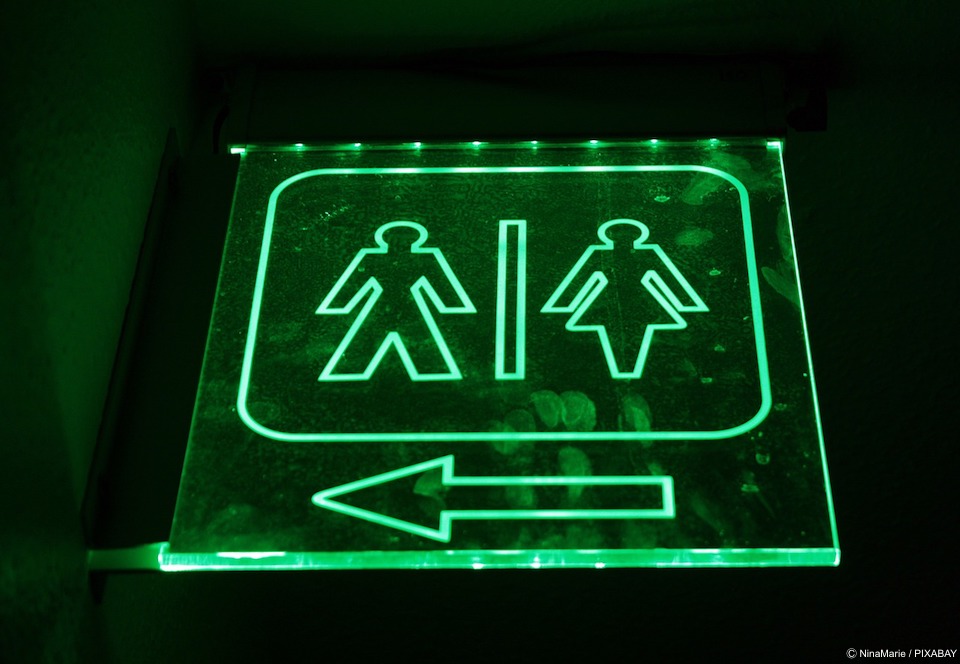New research has shown that over half of British people would say “No” to gender-neutral toilets.

Despite suggestions of turning public toilets to gender-neutral toilets by London’s mayor Sadiq Khan, most people in Britain are still uncomfortable with the idea or all-gender loos. More than half of Brits said that they would avoid them in research recently conducted.
The Gender Identity Research & Education Society (GIRES) estimates that 1% of the British population are gender non-conforming to some degree.
London Mayor, Sadiq Khan championed plans to increase the number of shared facilities in the capital last November but it appears the plans are not as popular as originally thought.
A new survey by Bathroomtakeaway.co.uk reveals that 55% of Brits would avoid using shared facilities.
Of the 45% of Londoners who said they’d welcome gender-neutral loos, just one in five of those would actually use them.
Those living in Yorkshire and the Humber are most opposed to the facilities, with 75% saying they’d shun them, followed by 70% from East Anglia and 69% from the North East.
Despite these figures, the North East also had one of the most receptive groups, with one in ten saying they would rather use shared facilities.
All-gender toilets are public toilets that can be used by anyone, regardless of their sex. They can provide a welcome space to individuals who don’t identify with the male or female gender binary. Unisex toilets can make it easier for trans people at various stages of transition.
However, when quizzed, 65% of those that would avoid gender-neutral toilets said they would do so to avoid feeling awkward.
Just under half of cis females (49%) claimed they would feel unsafe in shared public loos.
Beatriz Pardo, Marketing Manager at Bathroomtakeaway.co.uk: “We were keen to see how open-minded Britons are when it comes to public loos.
“The notion of gender-neutral toilets have been in the headlines recently but it is clear most people in the UK feel very uneasy about them.
“Our research has revealed some surprising statistics and it seems these plans aren’t as popular as originally thought, so we’ll be interested to see how they work out!”



